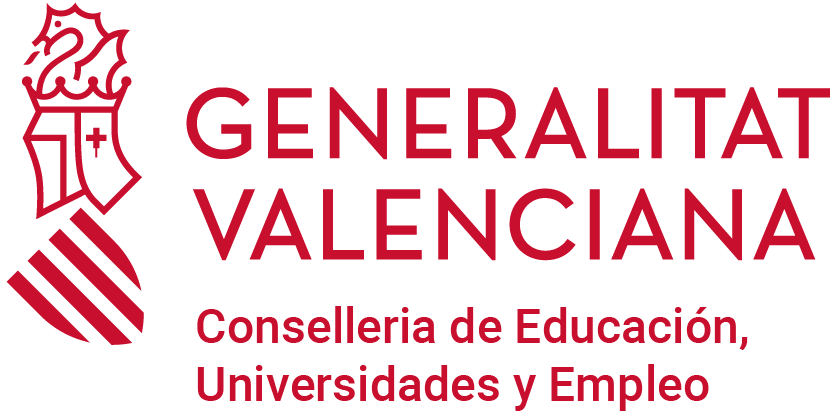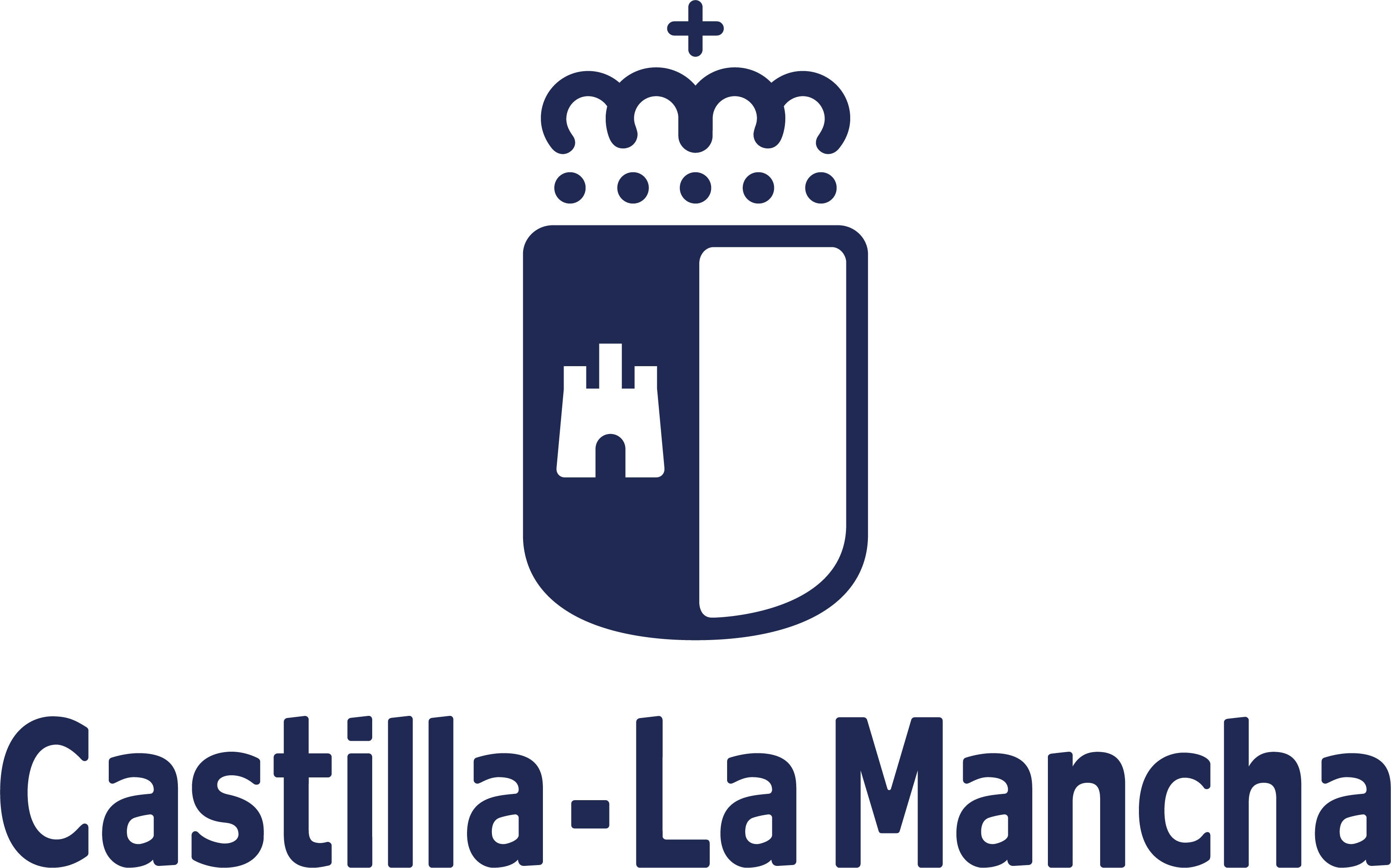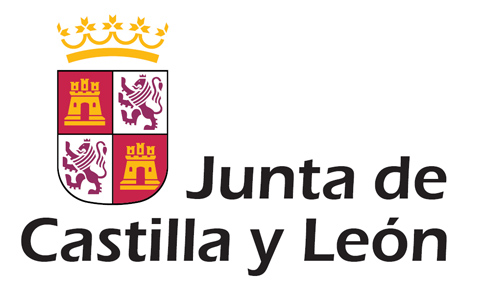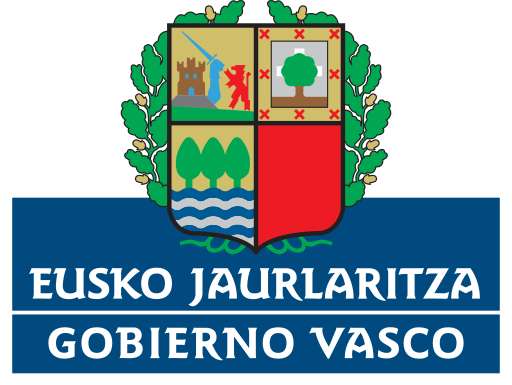The Minister of Science presides over the launch of the complementary plan for advanced materials coordinated by Eugenio Coronado
The Minister of Innovation and Science presided over the signing of the agreement between the Ministry of Innovation and Science and seven Autonomous Communities in Gandia this Wednesday, in front of more than 120 researchers, to start work on the complementary plan for R&D in Advanced Materials, whose scientific coordinator is Eugenio Coronado, professor at the University of Valencia and director of the Institute of Molecular Science (ICMol).
The signing of the institutional declaration between the Spanish Government and the different autonomous regions took place within the framework of the first Spanish Conference on Advanced Materials (AMatS), which brought together scientists from the research centres and groups involved in the plan, which Coronado will coordinate for the next three years, in Gandía for three days.
Together with him, a team of scientists responsible for each region has been formed, with Nazario Martín, from the Complutense University of Madrid and vice-director of IMDEA-Nanoscience; Conrado Rillo, director of the Materials Science Institute of Aragon; Jordi Arbiol, from the Catalan Institute of Nanoscience; Ricardo Díez, director of the Donostia International Physics Center; Miguel Ángel Rodríguez, professor at the University of Valladolid, and Ester Vázquez, director of the Regional Institute of Applied Scientific Research of the University of Castilla La Mancha.
Also participating in the coordination team are Klaus Attenkofer and Lucía Aballe, scientific director and project manager of Alba-Cells, the electron accelerator complex for producing synchrotron light, which allows the visualisation of the atomic structure of matter as well as the study of its properties and which is financed by the Generalitat de Catalunya and the Ministry of Science.
All of them have participated as speakers at the AMatS conference, which for three days has served as a starting point for the scientific programme of the plan, which has also included talks by researchers from multiple centres, such as the Institute of Chemical Technology of the Polytechnic University of Valencia; the Institute of Nanoscience and Materials of Aragon, the University Institute of Materials Sciences (ICMUV).
In her speech, the minister explained that the Complementary Plan for Advanced Materials will mobilise 53 million euros, of which the Ministry of Science and Innovation will contribute 31 million with the boost of European funds from the Recovery, Transformation and Resilience Plan.
According to Morant, the aim is to promote the creation of research networks to discover and develop new, more sustainable materials, which will be used in batteries, electric vehicles and solar panels, among other technologies, and which will enable progress to be made in the decarbonisation of our country.
The advanced materials plan is one of the eight plans launched by the Government, with nearly 466 million euros of investment, to promote Biotechnology applied to health, Marine Sciences, Quantum Communication, Energy and renewable hydrogen, Agrifood, Astrophysics and high energy physics and Biodiversity.
Scientific and business auditorium
During his speech at the protocol ceremony, Professor Coronado stressed the idea of the "necessary collaboration" between all the groups involved and underlined the commitment to make the Spanish Conference on Advanced Materials (AMatS) an important annual event. He also announced a commitment to set up a benchmark inter-university master's degree, a national training school in the area and a map of all the groups and companies active in this type of research. "I believe that the coordination work will allow us to fulfil our commitments," he said.
True to his critical spirit, however, Coronado called for this type of investment to have "continuity over time" so that the research effort does not end up being "short-term planning" or a waste of public funds. "Bringing together here the majority of centres and groups, as well as companies, that are dedicated to this type of science and technology will allow us to show the power that this country has in this area".
In Coronado's opinion, the plan "is a good opportunity for all of us to work together". Although there are now seven participating regions, the intention is for others to join in the future, such as Andalusia and Galicia. The vocation of the entire team of coordinators, he insisted, "is above all one of coordination so that, little by little, we have a strategy and visibility for Spain", bearing in mind that many of the centres that have the María de Maeztu or Severo Ochoa seal of excellence will be working together.
Morant stressed that more than 200 research centres and universities will participate in the eight Complementary Plans, in which more than 2,000 scientists and technicians from all over the country will work. In addition, more than 1,000 researchers and technicians are expected to be hired thanks to these programmes. Specifically, the Advanced Materials programme will create around 150 research staff positions. "With these plans we are promoting the creation of opportunities for scientific talent," said the minister.
The event was also attended by the Mayor of Gandia, José Manuel Prieto; the Councillor for Innovation and Universities of the Valencian Community, Josefina Bueno; the Minister of Education of the Basque Country, Jokin Bildarratz; the Director General of Research and Innovation of Aragon, Ramón Guirado; the Director of the Agency for Research and Innovation of Castilla La Mancha, Jose Antonio Castro; the Head of the Scientific Research Service of Castilla y León, Teresa León; and the Director General of Research and Innovation of Madrid, Ana Isabel Cremades.
Also present were the vice-rector of Innovation of the University of Valencia, Rosa Donat; Jesus Lancis, vice-rector of the Jaume I University of Castellón; Juan Fuster, institutional coordinator of the CSIC in the Valencian Community, and Belén Picó, from the Polytechnic University of Valencia. Also present were the vice-president of the Valencian Innovation Agency, Andrés García Reche; the president of the Rei Jaume I Awards Foundation, Javier Quesada, and the president of the Quimacova employers' association, Miguel Burdeos.
Strategic research
The programme establishes four strategic points. The first is the promotion of multidisciplinary research into graphene and other two-dimensional materials with a view to their possible applications. The second is the development and integration of key innovative materials and processes for energy generation, energy storage and carbon dioxide capture and recovery.
The third objective of the three-year programme also includes the design of materials with advanced functionalities, particularly materials that respond to external stimuli and are useful for information and communication technologies, health, mobility, habitat or the environment.
Finally, and of a general nature, the aim is to favour and promote collaboration and synergies between the different actors involved in R&D&I in Advanced Materials. And to do so through joint actions that give visibility to the national scientific-technological community and training actions on the dissemination and transfer of knowledge aimed at new generations of scientists.
Materials touch all aspects of our lives. They have an impact on the environment, society and the economy and can drive the transition towards greener technologies and better health care, with better characteristics and better performance, as recognised by the European Commission in its strategic documents.



.jpg)









